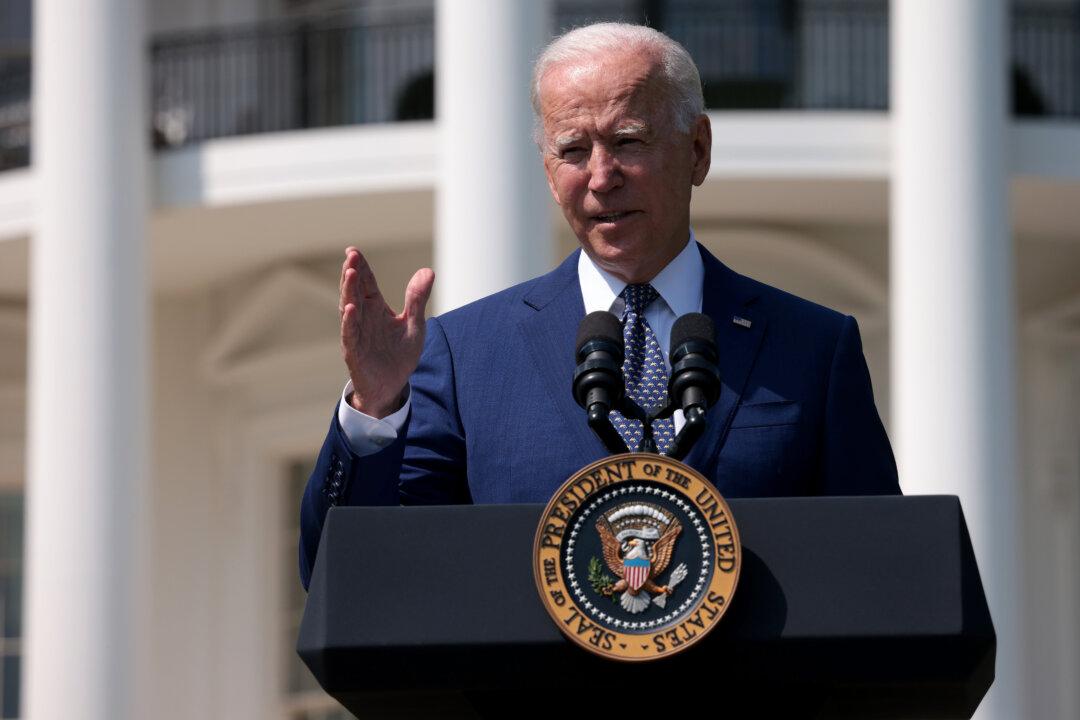The White House on Friday announced a new round of sanctions against top Cuban officials and forces after the communist regime violently cracked down mass protests in July.
The move, confirmed by the Department of Treasury, is the second time in recent days the administration has moved to penalize the Cuban Communist Party.





